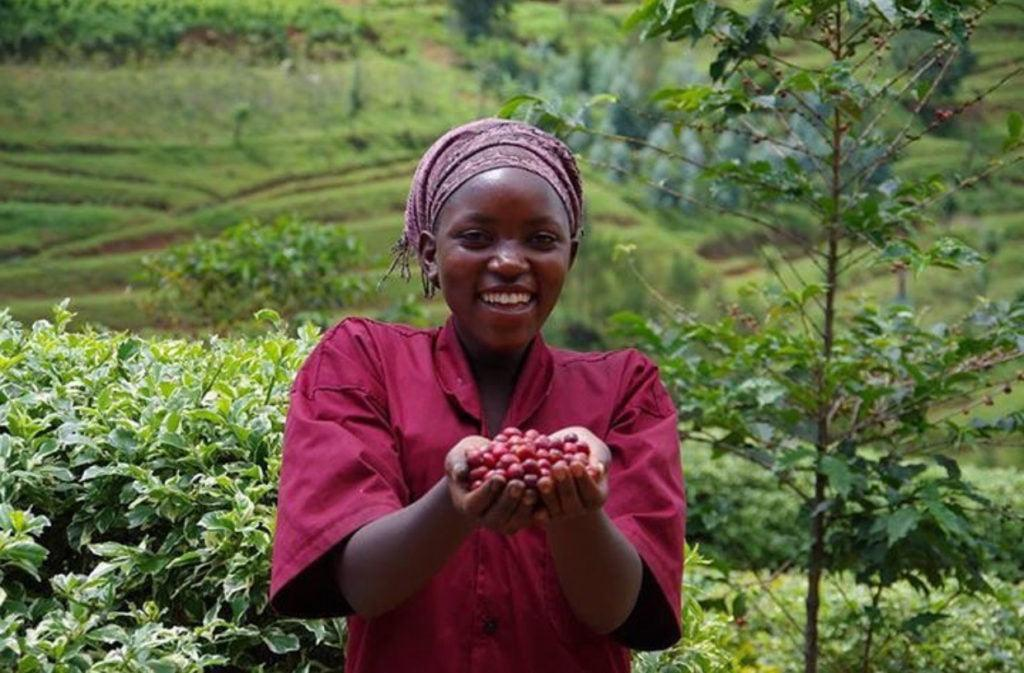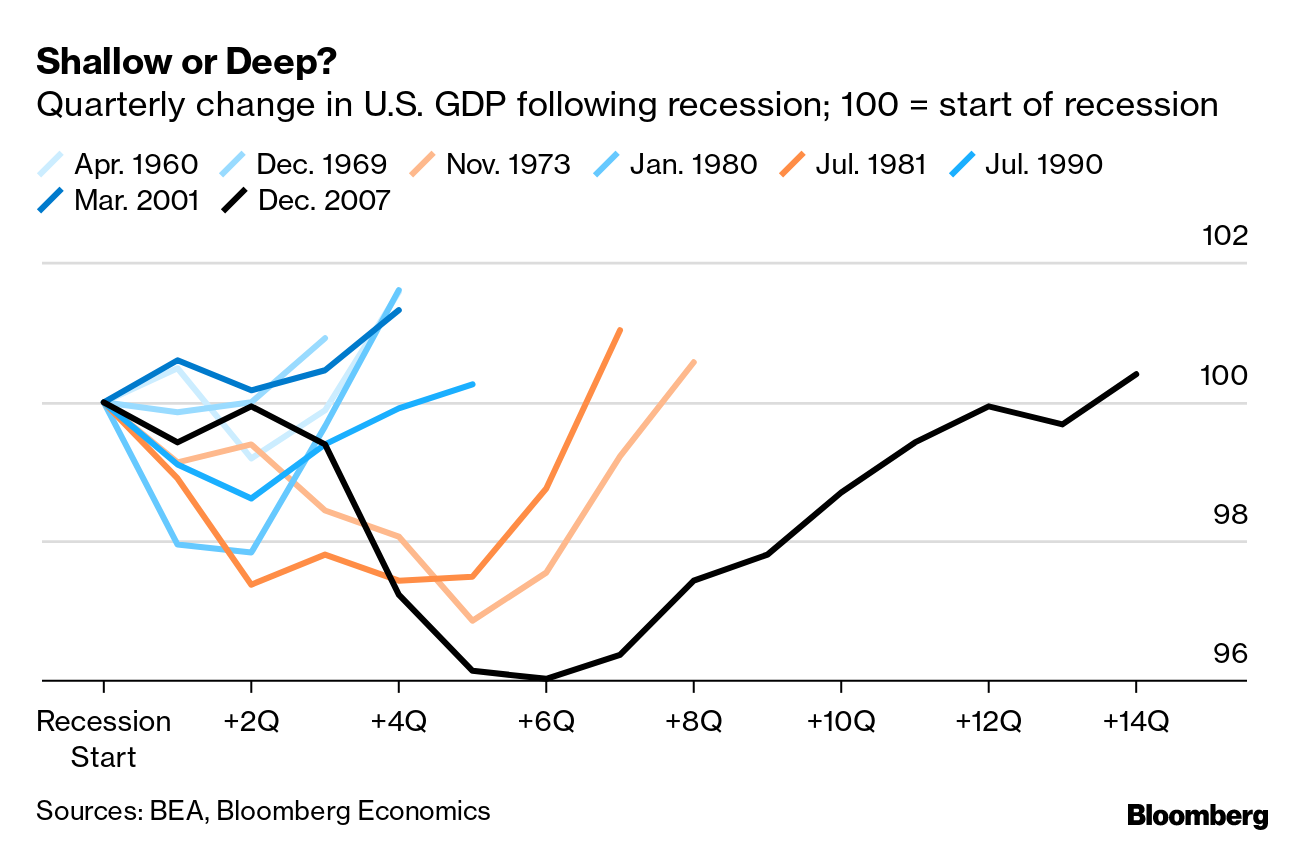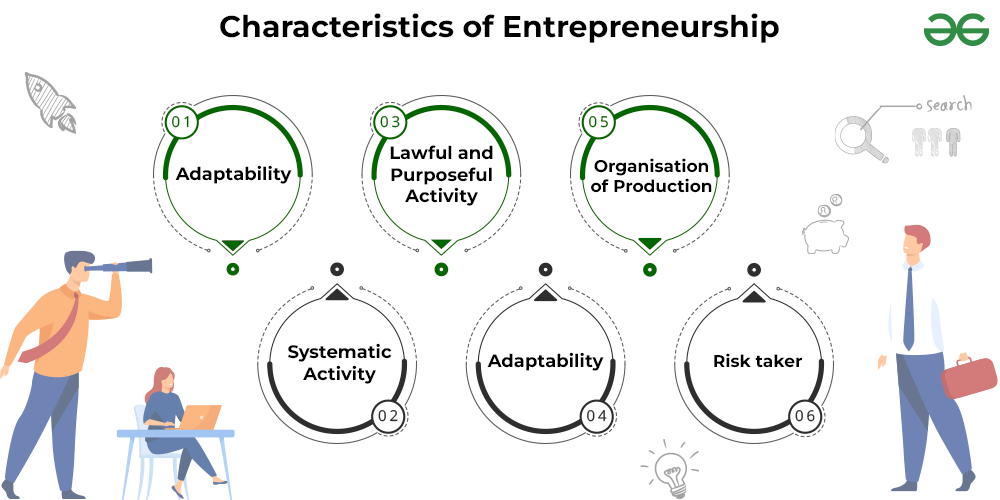The Rwandan women coffee industry is a vibrant force driving economic empowerment and providing vital opportunities for female wage earners. As the country has transformed its coffee economy, women have risen to prominence in the production and processing of high-quality coffee. This shift not only fosters women’s empowerment but also plays a crucial role in diminishing domestic violence, as financial independence allows women to build healthier relationships. Ultimately, the growth of the coffee sector has offered these women a platform to thrive and reshape their roles within their families and communities. Through their significant contributions, Rwandan women are not just participants in an industry; they are catalysts for change, challenging traditional norms and fostering a more equitable society.
In the realm of Rwanda’s agricultural sector, female involvement in coffee production is not merely about crop cultivation; it embodies a movement toward gender equality and financial gains. These female farmers, integral to the coffee supply chain, are redefining their status and increasing their economic clout. As Rwanda shifts towards a more lucrative coffee market, these women gain not only financial stability but also agency in domestic relations, reducing incidents of abuse at home. Such dynamics highlight the intersection of agriculture and social change, where empowered women balance household responsibilities while contributing significantly to the nation’s coffee economy. The phenomenon of female wage earners in coffee processing is thus a profound narrative of resilience and transformation.
The Impact of the Coffee Industry on Women’s Empowerment in Rwanda
The growing coffee industry in Rwanda has had a transformative effect on women’s empowerment, particularly in rural areas where traditional gender roles have often limited women’s economic independence. The establishment of coffee cooperatives has provided Rwandan women with the opportunity to earn wages as seasonal workers, shifting their roles from unpaid family laborers to active contributors in the coffee economy. This economic participation not only increases their financial stability but also enhances their social status within the community, making it clear that women are vital to the agricultural landscape.
By engaging in coffee production, women are gaining access to new resources and opportunities, enabling them to become wage earners. The income they generate gives them greater bargaining power in their households, allowing them to make key decisions related to finances and family planning. This empowerment is particularly significant in combating domestic violence, as economic independence has been shown to correlate with decreased rates of abuse. Furthermore, with the cooperative model, these women can participate in collective decision-making, thereby enhancing their leadership skills and confidence.
Domestic Violence and Economic Empowerment of Rwandan Women
Deniz Sanin’s research highlights a critical link between women’s economic empowerment and reduced rates of domestic violence in Rwanda. Traditional societal structures have often rendered women vulnerable to abuse, especially when they lack financial means. However, as more women enter the workforce through the coffee industry, studies indicate a marked decrease in domestic violence incidents, particularly during the coffee harvest season when their contributions are economically valued. This shift not only protects them from potential abuse but also fosters a supportive environment for the entire family.
The idea that increased income decreases domestic violence aligns with findings from other studies, indicating a universal trend where financial independence acts as a buffer against abuse. In Rwanda, the presence of women as wage earners mitigates the financial stresses that can often escalate into conflict. Sanin’s analysis shows that by working in cooperative mills, women can support their families financially, which consequently reduces the likelihood of domestic disputes driven by economic pressures.
Women in the Rwandan Coffee Economy: A Pathway to Financial Independence
The Rwandan coffee economy serves as an empowering platform for women, facilitating their transition from informal laborers to recognized wage earners. Through the establishment of cooperative mills, women have found a sustainable source of income that allows them to contribute meaningfully to household finances. This economic shift is crucial as women traditionally owned less economic power, often relegated to domestic duties. Now, with the ability to earn independently, they can invest in their education, health, and the welfare of their children, thereby breaking the cycle of poverty.
Additionally, with financial empowerment comes increased agency. Women participating in the coffee industry are not only earning money but also gaining a voice in their households and communities. This newfound independence enables women to assert their rights and negotiate better living conditions, thus fostering a culture of equality. The ability to work and earn in a traditionally male-dominated sector like agriculture is paving the way for a more equitable society, where women can thrive both economically and socially.
The Role of Cooperatives in Empowering Rwandan Women
Rwanda’s cooperatives play a pivotal role in enhancing the economic standing of women in the coffee industry. By pooling resources and providing collective support, these cooperatives empower women to engage actively in the coffee production process. Unlike the individual farming model, which often sidelines women, cooperatives allow for shared responsibilities and income, facilitating a more inclusive approach to agricultural employment. This system not only elevates women’s earning potential but also fosters a sense of community and mutual support.
Moreover, cooperatives serve as a platform for women to develop essential skills such as leadership, teamwork, and financial management. These skills are not only beneficial in their current roles but also equip them for future opportunities beyond the coffee industry. As women become more involved with cooperatives, they are able to challenge traditional gender norms, advocate for their rights, and inspire future generations of women to aspire for greater economic participation.
Addressing Domestic Violence through Economic Participation
The correlation between economic participation and reduced domestic violence is particularly pertinent in the context of Rwanda. With more women joining the coffee industry, there has been a significant decrease in domestic abuse cases reported during the coffee harvest season, as highlighted by Sanin’s study. Economic stability changes the dynamics within households, giving women a degree of power that reduces their risk of violence. When a husband’s income starts to depend on his wife’s labor, the consequence of violence against her can become economically disastrous for him, establishing a protective barrier.
This trend towards economic empowerment underscores the importance of women’s participation in the workforce as a strategy for combating domestic violence. Enhanced earning potential enables women to make independent decisions and provides them a viable option to leave abusive relationships. In combination with supportive policies and community awareness programs, integrating women into the workforce through initiatives like the coffee cooperatives can significantly contribute to lasting change in the social fabric of Rwandan society.
The Economic Diversification of Women Coffee Farmers
Women coffee farmers in Rwanda are experiencing a diversification of income streams through their participation in the coffee economy. Beyond just coffee production, many women are beginning to explore additional avenues such as value-added processing of coffee, brewing, and even entrepreneurship in related businesses. This diversification not only increases their overall earnings but also creates a buffer against market fluctuations that can occur in agricultural sectors influenced by climate change and global demand.
The rise of women entrepreneurs in the coffee industry demonstrates their ability to leverage their coffee knowledge while expanding to other ventures. By integrating educational programs and workshops in cooperatives, these women can gain important skills that empower them to navigate various business environments. As they expand their roles beyond traditional farming, these women contribute significantly to the Rwandan economy, enhance community resilience, and serve as role models for aspiring young women.
Challenges Facing Women in the Coffee Industry
While there are numerous benefits to women participating in Rwanda’s coffee industry, several challenges remain that need to be addressed. Issues such as access to land, capital, and market information often hinder women’s full potential in the sector. Many women coffee farmers may lack ownership of the land they work on, limiting their ability to access loans or invest in their businesses. Additionally, cultural norms may still dictate that men retain decision-making power over financial matters, despite women’s contributions to the family income.
To truly empower women in the coffee industry, interventions are required to enhance access to resources and financial literacy. Governments and NGOs must work together to create supportive policies that address these inequities, ensuring women not only participate in the economy but can thrive in it. By providing training in business management, financial planning, and fostering a culture of equality, stakeholders can help dismantle the barriers that hinder women’s full integration into the coffee industry.
The Importance of Policy Support for Women’s Economic Empowerment
Effective policy support is integral to fostering women’s economic empowerment in Rwanda’s coffee sector. Policymakers have a critical role to play in creating an enabling environment that allows women to engage and thrive in the agricultural economy. Legislation that supports equitable access to resources, protection against domestic violence, and promotion of women’s rights is essential. Empowering women through targeted policies can lead to significant social and economic shifts in communities, as they become active contributors to local economies.
Furthermore, policies that promote education and training specifically for women in agriculture can provide the knowledge and skills necessary to succeed in the coffee industry. By implementing programs that focus on financial literacy, market access, and technology, women can enhance their productivity and income. This approach will not only uplift individual families but will also foster a stronger, more resilient economy in Rwanda.
Future Prospects for Women in Rwanda’s Coffee Economy
The future prospects for women in Rwanda’s coffee economy look promising, driven by ongoing efforts to elevate their roles within the industry. With continuous support from cooperatives, NGOs, and government programs, more women are likely to gain access to training and tools necessary for their success. By diversifying income sources and enhancing their entrepreneurial endeavors, women can further solidify their place in the coffee market, creating a sustainable cycle of empowerment.
Moreover, as awareness grows about the importance of women’s economic participation for community development, there may be increased investment in initiatives aimed at boosting women’s roles in agriculture. Collaboration between various stakeholders, including international buyers and local organizations, can create partnerships that support female farmers not only in coffee but across the agricultural spectrum. As Rwandan women continue to break barriers, the coffee industry will increasingly reflect the potential for equality and economic empowerment.
Frequently Asked Questions
How does the Rwandan women coffee industry promote economic empowerment?
The Rwandan women coffee industry promotes economic empowerment by providing numerous women with job opportunities in coffee cooperative mills. These seasonal positions allow women to earn wages, gain financial independence, and contribute to their households. Increased earnings enable women to participate actively in the economic landscape, helping to reduce gender disparities and enhance their decision-making power regarding finances and household matters.
What role does the Rwandan coffee economy play in women’s empowerment?
The Rwandan coffee economy plays a pivotal role in women’s empowerment by facilitating access to employment for female wage earners within cooperative systems. As women engage in coffee processing and harvesting, they gain financial resources, which enhance their negotiating power within households and contribute positively to the community’s overall economic growth. This shift supports women’s rights and helps combat domestic violence, as financial independence reduces reliance on partners.
How does working in the Rwandan women coffee industry impact domestic violence rates?
Research indicates that working in the Rwandan women coffee industry is associated with decreased domestic violence rates. Women’s engagement in seasonal coffee labor provides them with economic power, which can promote their bargaining position in relationships. Studies show that areas with cooperative coffee mills see a significant reduction in reported domestic violence incidents, particularly during the harvest season when men rely on their wives’ labor, making it economically disadvantageous to exert violent control.
In what ways does female participation in the Rwandan coffee industry affect household dynamics?
Female participation in the Rwandan coffee industry positively affects household dynamics by granting women increased autonomy and influence in decision-making processes. With higher financial contributions from their labor in the coffee sector, women have greater say in crucial matters such as household expenditures and child education. This shift fosters equality in partnerships and helps diminish traditional gender roles that often led to domestic tensions.
What measures are being taken to support women in the Rwandan coffee industry?
Various measures are being undertaken to support women in the Rwandan coffee industry, including capacity-building programs and access to training in coffee production and processing. Organizations are also promoting awareness of women’s rights, financial literacy, and the significance of women’s roles in agriculture. These initiatives aim to enhance women’s skills and knowledge, ultimately contributing to their economic empowerment and well-being within the Rwandan coffee economy.
| Key Points |
|---|
| Rwanda’s Coffee Boom |
| Women as Wage Earners |
| Domestic Violence Reduction |
| Economic Empowerment |
| Policy Implications |
Summary
The Rwandan women coffee industry has significantly impacted the empowerment of women through financial independence and reduced domestic violence. As women engage in coffee production and processing, they gain wages and, consequently, increased bargaining power in their households. Deniz Sanin’s research highlights a clear correlation between women’s economic participation and a drop in domestic abuse cases, especially during peak harvest seasons. This transformation underscores the need for supportive policies to sustain and further this empowerment, ensuring that women can maintain their roles within their communities and households without the threat of violence. Efforts must continue to promote equality and support within the Rwandan women coffee industry.




